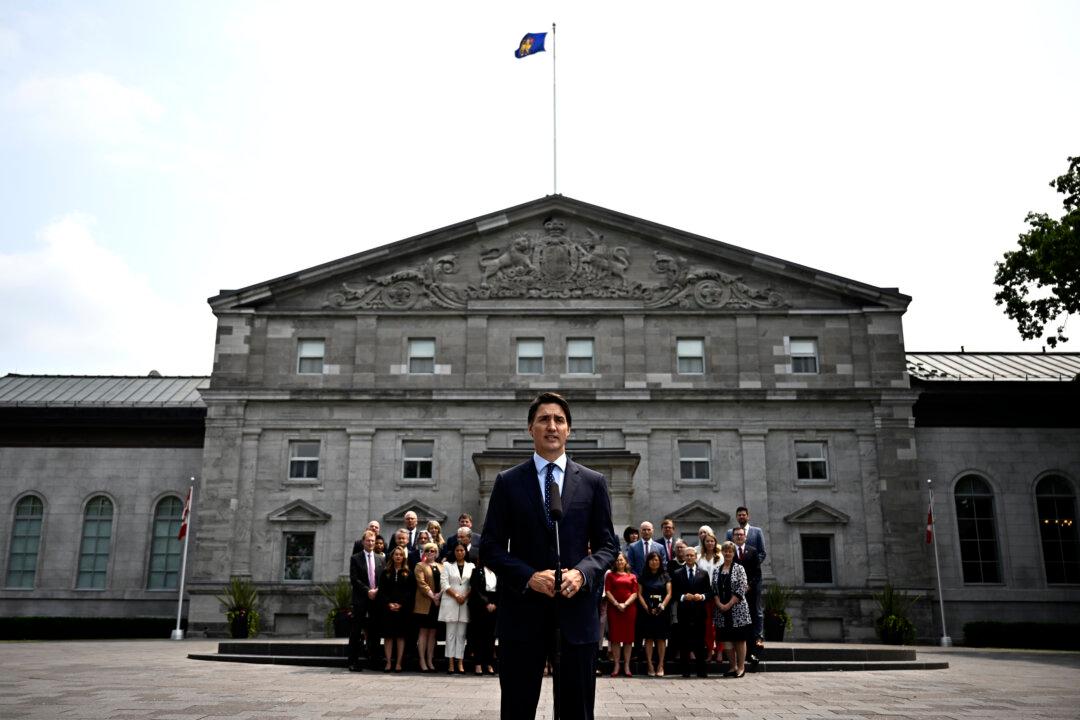The Liberals barely mentioned cost-of-living issues in the speech from the throne outlining their priorities after getting elected in the fall of 2021. Fast-forward two years, and questions about affordability hit them at every turn.
Along with many Canadians struggling to buy food and make rent, news of random acts of wanton violence appear more common. In both cases, what is being experienced in the day-to-day is reflected in the statistics.





